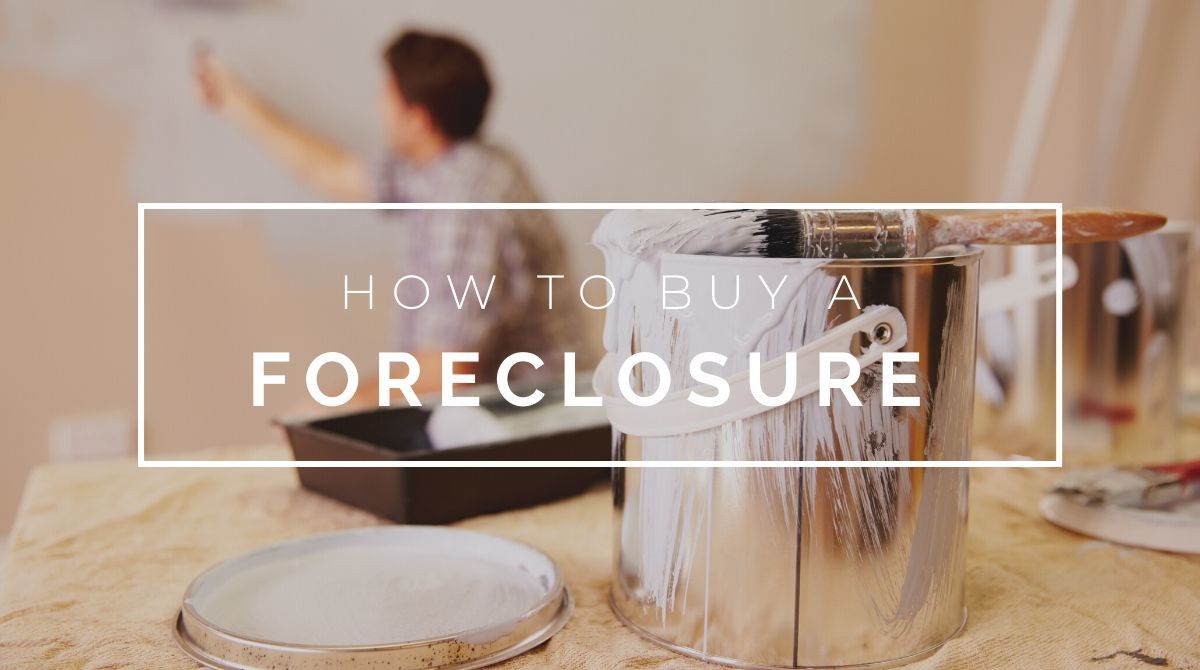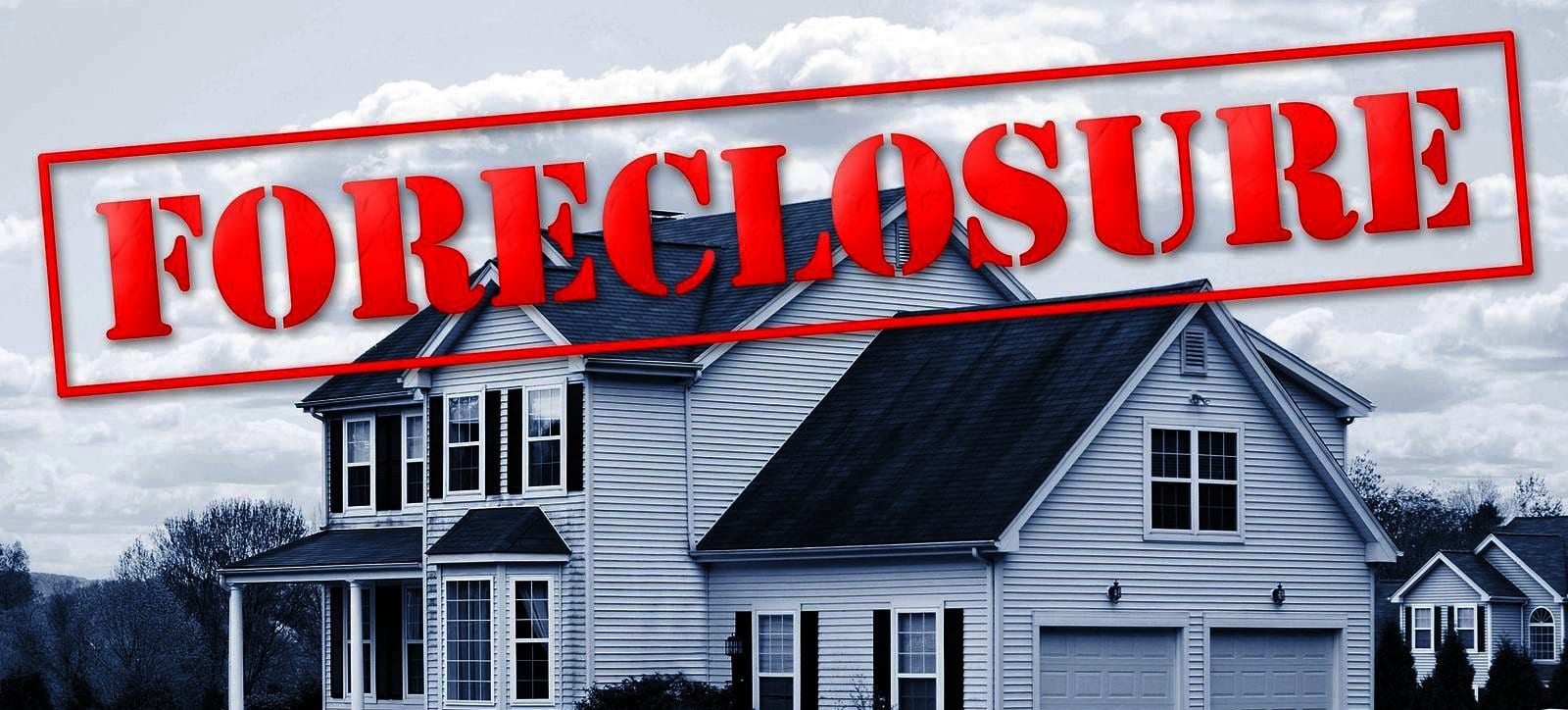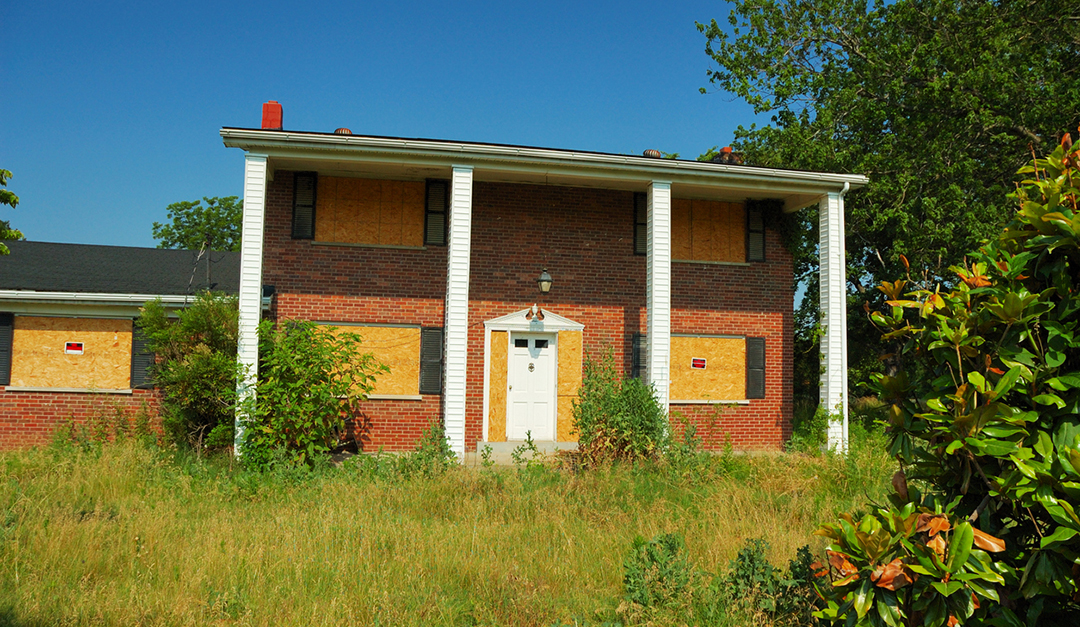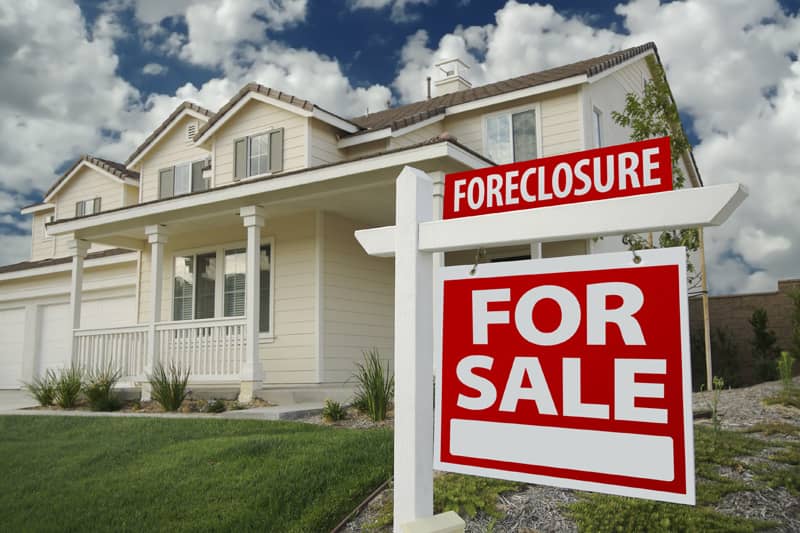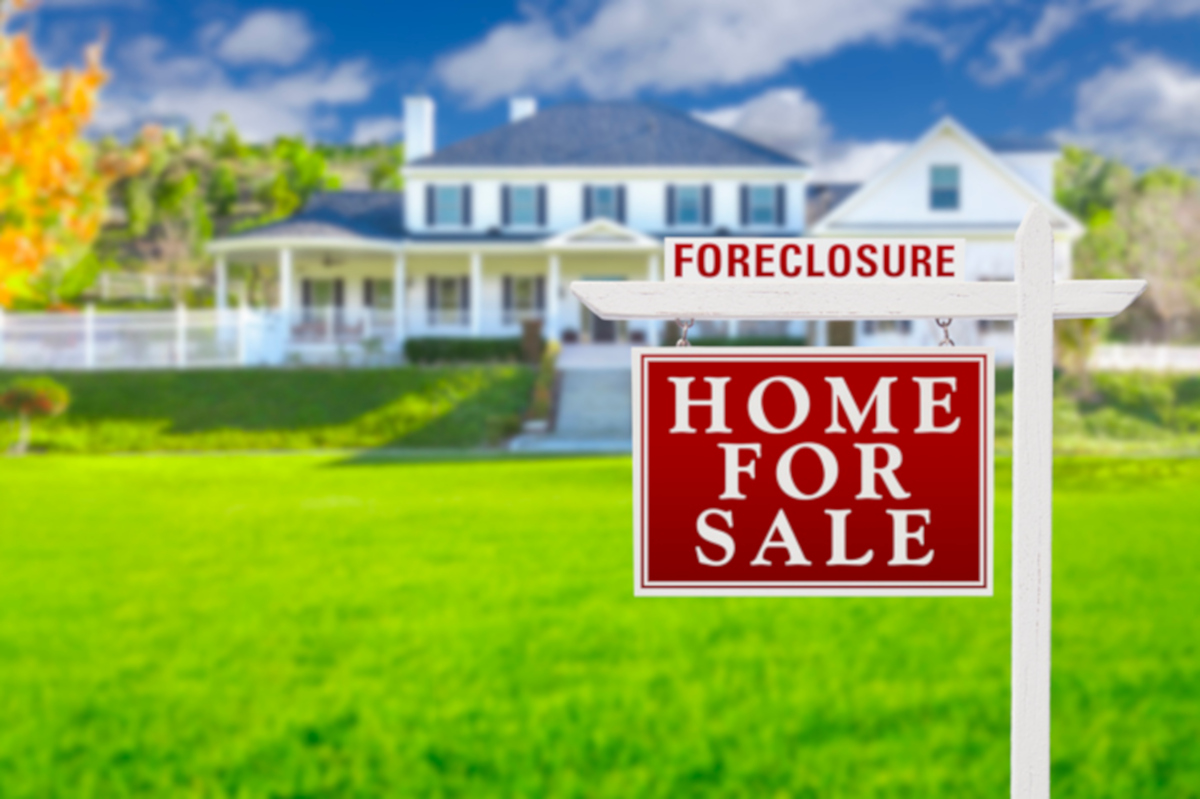Understanding the Foreclosure Process: What You Need to Know
The foreclosure process can be complex and intimidating, but it’s essential to understand the basics when considering how to buy a foreclosed home. Foreclosure occurs when a homeowner fails to make mortgage payments, and the lender seizes the property to recoup their losses. This process typically involves several stages, including default, notice of default, auction, and REO (real estate owned) listing.
There are several types of foreclosure, including judicial and non-judicial foreclosure. Judicial foreclosure involves a court-ordered sale of the property, while non-judicial foreclosure allows the lender to sell the property without court intervention. Understanding the type of foreclosure and the laws governing it in your state is crucial when buying a foreclosed home.
Lenders and government agencies play a significant role in the foreclosure process. Lenders may offer alternatives to foreclosure, such as loan modifications or short sales, to help homeowners avoid losing their homes. Government agencies, like the Department of Housing and Urban Development (HUD), may also provide assistance to homeowners facing foreclosure.
When buying a foreclosed home, it’s essential to understand the foreclosure process to navigate the complexities of the transaction. By knowing what to expect, you can make a more informed decision and avoid potential pitfalls. Whether you’re a seasoned investor or a first-time homebuyer, understanding the foreclosure process is critical to successfully buying a foreclosed home.
Foreclosed homes can offer significant cost savings and renovation opportunities, but it’s crucial to approach the process with caution. By understanding the foreclosure process and the laws governing it, you can make a more informed decision and achieve your goal of buying a foreclosed home.
Benefits and Risks of Buying a Foreclosed Home: Weighing the Pros and Cons
When considering how to buy a foreclosed home, it’s essential to weigh the pros and cons of this type of purchase. One of the most significant benefits of buying a foreclosed home is the potential for cost savings. Foreclosed homes are often sold at a lower price than comparable properties on the market, making them an attractive option for buyers looking for a deal.
In addition to cost savings, buying a foreclosed home can also provide renovation opportunities. Many foreclosed homes are in need of repair or renovation, which can be a great opportunity for buyers who are looking to put their own stamp on a property. However, it’s essential to carefully consider the costs and feasibility of any renovation project before making an offer.
Despite the potential benefits, buying a foreclosed home also comes with some significant risks. One of the most significant risks is the potential for hidden damages or needed repairs. Foreclosed homes may have been vacant for an extended period, which can lead to issues with the property’s condition. Buyers should always inspect the property carefully and consider hiring a professional inspector to identify any potential issues.
Another risk to consider when buying a foreclosed home is the potential for neighborhood issues. Foreclosed homes are often located in areas with high levels of crime or other social issues, which can impact the property’s value and quality of life. Buyers should research the neighborhood carefully and consider factors such as local schools, crime rates, and community amenities.
Finally, buyers should also be aware of the potential for complications during the home buying process. Foreclosed homes are often sold “as-is,” which means that the buyer is responsible for any repairs or issues with the property. Buyers should carefully review the terms of the sale and consider seeking the advice of a real estate attorney to ensure a smooth transaction.
By carefully weighing the pros and cons of buying a foreclosed home, buyers can make an informed decision about whether this type of purchase is right for them. With the potential for cost savings and renovation opportunities, buying a foreclosed home can be a great option for buyers who are looking for a deal. However, it’s essential to approach the process with caution and carefully consider the potential risks and complications.
How to Find Foreclosed Homes for Sale: Top Resources and Strategies
When it comes to finding foreclosed homes for sale, there are several resources and strategies that can help. One of the most effective ways to find foreclosed homes is to work with a real estate agent who specializes in foreclosed properties. These agents often have access to a wide range of listings and can provide valuable guidance throughout the home buying process.
In addition to working with a real estate agent, buyers can also search for foreclosed homes online. Websites such as Zillow, Redfin, and Realtor.com offer a wide range of foreclosed home listings, as well as tools and resources to help buyers navigate the home buying process. Buyers can also search for foreclosed homes on government websites, such as the U.S. Department of Housing and Urban Development (HUD) website, which offers a wide range of foreclosed home listings.
Another effective way to find foreclosed homes is to drive through neighborhoods and look for signs that indicate a home is for sale. Buyers can also attend auctions and open houses to find foreclosed homes. However, it’s essential to be cautious when buying a foreclosed home at an auction, as the process can be complex and the buyer may not have the opportunity to inspect the property before making a purchase.
Buyers can also search for foreclosed homes through local newspapers and online classifieds. Many lenders and government agencies also offer lists of foreclosed homes for sale, which can be a valuable resource for buyers. By using a combination of these resources and strategies, buyers can find a wide range of foreclosed homes for sale and make an informed decision about which property is right for them.
When searching for foreclosed homes, it’s essential to be patient and persistent. The process of finding and buying a foreclosed home can be complex and time-consuming, but the potential rewards can be significant. By working with a real estate agent, searching online, and using other resources and strategies, buyers can find a foreclosed home that meets their needs and budget.
Remember, buying a foreclosed home requires careful consideration and planning. By doing your research and working with a qualified real estate agent, you can navigate the process with confidence and find a great deal on a foreclosed home. Whether you’re a seasoned investor or a first-time homebuyer, learning how to buy a foreclosed home can be a great way to achieve your real estate goals.
Inspecting and Evaluating Foreclosed Properties: What to Look For
When buying a foreclosed home, it’s essential to inspect and evaluate the property carefully to ensure that you’re making a well-informed decision. A thorough inspection can help you identify potential issues with the property, such as needed repairs or hidden damages, which can impact the home’s value and your decision to purchase.
One of the first things to look for when inspecting a foreclosed property is the overall condition of the home. Check for any signs of damage or neglect, such as broken windows, damaged siding, or overgrown landscaping. Also, look for any signs of water damage or leaks, which can be a major issue in foreclosed homes.
Next, inspect the home’s major systems, including the plumbing, electrical, and HVAC systems. Check for any leaks, broken fixtures, or outdated components, which can be costly to repair or replace. Also, check the home’s insulation and ventilation to ensure that it’s energy-efficient and comfortable to live in.
In addition to inspecting the home’s condition and systems, it’s also essential to evaluate the property’s potential for renovation. Consider the home’s layout, size, and location, as well as any potential for expansion or renovation. Also, research the local zoning laws and regulations to ensure that any renovation plans you have are feasible and compliant.
When evaluating a foreclosed property, it’s also essential to consider the neighborhood and local community. Research the local schools, crime rates, and community amenities to ensure that the area is safe and desirable. Also, drive around the neighborhood to get a sense of the local culture and vibe.
Finally, don’t forget to inspect the home’s exterior and yard. Check for any signs of damage or neglect, such as broken fences, overgrown landscaping, or needed repairs. Also, consider the home’s curb appeal and how it compares to other homes in the neighborhood.
By carefully inspecting and evaluating a foreclosed property, you can make a more informed decision about whether to purchase the home. Remember to always work with a qualified real estate agent and consider hiring a professional inspector to help you identify any potential issues with the property. With the right guidance and expertise, you can navigate the process of buying a foreclosed home with confidence and find a great deal on a property that meets your needs and budget.
Financing Options for Foreclosed Homes: Exploring Your Choices
When it comes to buying a foreclosed home, financing options can be a crucial factor in the decision-making process. Fortunately, there are several financing options available for buyers who are interested in purchasing a foreclosed home. In this section, we will explore the various financing options available, including traditional mortgages, government-backed loans, and alternative financing options.
Traditional mortgages are one of the most common financing options for buying a foreclosed home. These mortgages are offered by private lenders and typically require a down payment and a good credit score. However, traditional mortgages can be more difficult to obtain for buyers who have poor credit or a high debt-to-income ratio.
Government-backed loans are another financing option for buying a foreclosed home. These loans are insured by the government and offer more lenient credit requirements and lower down payment options. Some popular government-backed loans include FHA loans, VA loans, and USDA loans.
Alternative financing options are also available for buyers who are interested in purchasing a foreclosed home. These options include hard money loans, private money loans, and lease-to-own options. Alternative financing options can be more expensive than traditional mortgages, but they can provide more flexibility for buyers who have poor credit or a high debt-to-income ratio.
When exploring financing options for a foreclosed home, it’s essential to consider the pros and cons of each option. Traditional mortgages can offer lower interest rates and more favorable terms, but they can be more difficult to obtain for buyers with poor credit. Government-backed loans can offer more lenient credit requirements and lower down payment options, but they can also have more stringent income and credit requirements. Alternative financing options can provide more flexibility for buyers with poor credit, but they can also be more expensive and have less favorable terms.
Ultimately, the best financing option for buying a foreclosed home will depend on the buyer’s individual circumstances and financial situation. By exploring the various financing options available and considering the pros and cons of each option, buyers can make an informed decision about how to finance their purchase.
When buying a foreclosed home, it’s essential to work with a qualified lender who can help you navigate the financing process. A qualified lender can provide guidance on the various financing options available and help you determine which option is best for your individual circumstances. By working with a qualified lender and exploring the various financing options available, buyers can successfully finance their purchase and achieve their goal of buying a foreclosed home.
Making an Offer on a Foreclosed Home: Tips and Strategies
When making an offer on a foreclosed home, it’s essential to approach the process with caution and strategy. The goal is to make a competitive offer that is likely to be accepted by the seller, while also protecting your interests as a buyer. In this section, we will provide tips and strategies for making an offer on a foreclosed home.
Before making an offer, it’s crucial to research the market value of the property. This can be done by reviewing recent sales data for similar properties in the area, as well as by working with a real estate agent who is familiar with the local market. By understanding the market value of the property, you can make a more informed decision about how much to offer.
When making an offer, it’s also essential to consider the condition of the property. Foreclosed homes are often sold “as-is,” which means that the buyer is responsible for any repairs or renovations needed. By factoring in the cost of repairs and renovations, you can make a more accurate offer that takes into account the property’s condition.
In addition to considering the market value and condition of the property, it’s also important to think about the seller’s motivations. Are they motivated to sell quickly, or are they looking for a specific price? By understanding the seller’s motivations, you can tailor your offer to meet their needs and increase the chances of acceptance.
When submitting an offer, it’s essential to include all the necessary documentation and information. This should include your offer price, any contingencies or conditions, and your contact information. By including all the necessary information, you can ensure that your offer is complete and accurate.
Finally, be prepared to negotiate. The seller may not accept your initial offer, so be prepared to negotiate and make counteroffers. By being flexible and open to negotiation, you can increase the chances of a successful outcome.
By following these tips and strategies, you can make a successful offer on a foreclosed home. Remember to approach the process with caution and strategy, and don’t be afraid to seek the advice of a real estate agent or other professional. With the right approach, you can navigate the process of buying a foreclosed home with confidence and achieve your goal of owning a new home.
Closing the Deal: What to Expect During the Home Buying Process
Closing the deal on a foreclosed home can be a complex and time-consuming process, but it’s essential to understand what to expect to ensure a smooth transaction. In this section, we will explain the home buying process, including what to expect during closing, how to navigate the paperwork and inspections, and what to do after the sale is complete.
Once your offer has been accepted, the next step is to begin the closing process. This typically involves working with a title company or attorney to review the sale contract and ensure that all necessary paperwork is in order. You will also need to conduct a final inspection of the property to ensure that it is in the condition agreed upon in the sale contract.
During the closing process, you will also need to review and sign a number of documents, including the deed, title report, and mortgage documents. It’s essential to carefully review these documents to ensure that everything is in order and that you understand your obligations as a homeowner.
In addition to reviewing documents, you will also need to navigate the paperwork and inspections required for the sale. This may include a home inspection, termite inspection, and appraisal, among other things. It’s essential to stay organized and keep track of all the necessary paperwork and inspections to ensure a smooth transaction.
After the sale is complete, you will need to take possession of the property and begin making mortgage payments. It’s essential to understand your mortgage obligations and to make timely payments to avoid defaulting on your loan.
Finally, it’s essential to take care of any necessary repairs or renovations to the property. This may include fixing any damage or needed repairs, as well as making any necessary upgrades or improvements. By taking care of these tasks, you can ensure that your new home is safe, comfortable, and meets your needs.
By understanding the home buying process and what to expect during closing, you can navigate the process of buying a foreclosed home with confidence. Remember to stay organized, carefully review all necessary documents, and take care of any necessary repairs or renovations to ensure a smooth transaction.
Common Mistakes to Avoid When Buying a Foreclosed Home
When buying a foreclosed home, it’s essential to be aware of the common mistakes that can lead to costly consequences. In this section, we will highlight the most common mistakes to avoid when buying a foreclosed home, including failing to inspect the property, not researching the neighborhood, and not budgeting for repairs.
One of the most significant mistakes to avoid when buying a foreclosed home is failing to inspect the property. Foreclosed homes are often sold “as-is,” which means that the buyer is responsible for any repairs or renovations needed. By failing to inspect the property, you may end up with a home that requires costly repairs or renovations, which can quickly add up.
Another mistake to avoid is not researching the neighborhood. Foreclosed homes are often located in areas with high crime rates, poor schools, or other negative factors that can impact the home’s value. By researching the neighborhood, you can get a better understanding of the local community and make a more informed decision about whether the home is right for you.
Not budgeting for repairs is another common mistake to avoid when buying a foreclosed home. Foreclosed homes often require repairs or renovations, which can be costly. By budgeting for repairs, you can ensure that you have enough money set aside to cover any necessary work.
Additionally, not working with a qualified real estate agent can also be a costly mistake. A qualified agent can help you navigate the process of buying a foreclosed home, including finding the right property, negotiating the price, and closing the deal.
Finally, not considering the long-term costs of owning a foreclosed home can also be a mistake. Foreclosed homes may require ongoing repairs or renovations, which can add up over time. By considering the long-term costs of owning a foreclosed home, you can make a more informed decision about whether the home is right for you.
By avoiding these common mistakes, you can ensure a successful and stress-free experience when buying a foreclosed home. Remember to always inspect the property, research the neighborhood, budget for repairs, work with a qualified agent, and consider the long-term costs of owning a foreclosed home.

